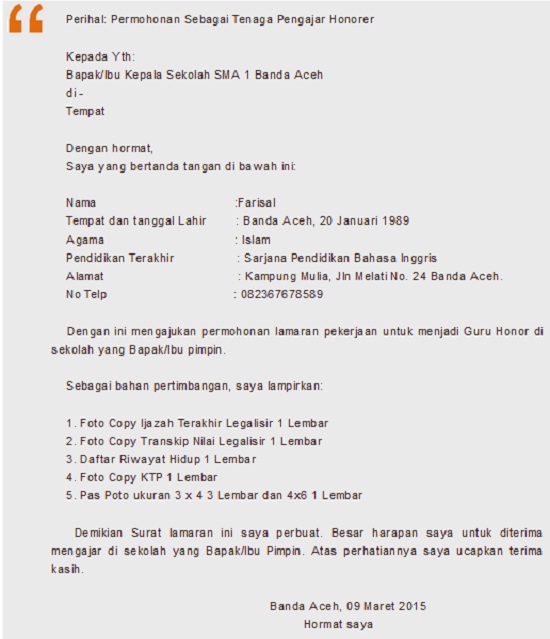
These are just some of the many examples Mike Rose provides that show how blue-collar workers are intelligent and capable individuals. They also need to be able to work quickly and efficiently while still providing quality service. For example, a grocery store cashier needs to be able to handle various types of customer requests and complaints throughout their shift. He goes on to say how people in lower-class jobs are constantly problem solving. Mike Rose begins his essay by describing his mother’s profession as a waitress and how she applied her brilliance to the job (Rose 3). Mike Rose used multiple case studies and real-world examples to explore how the average blue-collar worker is more intelligent than what society gives them credit for. He debunked the contemporary notion that employees who don’t have college degrees are stupid. The author of “Blue Collar Brilliance,” Mike Rose, claimed that because a blue-collar worker is intelligent and capable of participating in a democratic society, they should be included into the political process (Web). We also need to rethink the way we define intelligence, so that we can better recognize and value the abilities of all kinds of people.

If we want to create a more just and equitable society, Mike Rose’s work suggests that we need to provide more opportunities for blue collar workers to develop their skills and talents.
#Blue collar brilliance discussion questions full#
He argues that blue collar workers are often disadvantaged not because they lack ability, but because they lack access to the kind of education and training that would allow them to develop and use their abilities to their full potential. Rose’s work is also significant for what it says about class and opportunity in America. Instead, he shows that practical intelligence – the kind of intelligence needed to solve problems in the real world – is just as important, if not more so. His research challenges the common assumption that intelligence is primarily a matter of abstract reasoning and intellectual capacity. Rose’s work has important implications for how we think about intelligence and ability. In his book, Blue Collar Brilliance, he provides various examples of how blue collar workers are able to solve problems in creative and effective ways. He argues that these workers are often underestimated and that they possess a kind of “brilliance” that is not always recognized. Why is that? I won’t learn the same things that Mike Rose’s mother learned by going to college, but my generation is still practically forced to undergo excess education passed high school.Mike Rose is a sociologist who has studied the problem-solving abilities of blue collar workers. In today’s world, an education is needed in order to get any type of job, and why is that? Back then men could be firefighters (my grandpa) or a warehouse manager (my dad) without any excess education outside of grade school, but today you have to have some college experience to be a firefighter. But he always uses examples of how people skills are extremely important and school doesn’t necessarily teach that being friendly and being consistent isn’t in a school’s curriculum. He uses many different examples of how people have to use basic math skills, writing skills, and reading skills that you typically learn in a classroom, to preform a job. I think that Mike Rose is correct in his arguments. Joe learned things being a supervisor that school would have never taught him, and he became a supervisor without a high school level education. From there, he jumped from job-to-job and ended up being a supervisor in the paint-and-body department at General Motors. He uses his Uncle Joe as his primary example: Joe (like his mother) dropped out of school at a young age to become a worker. Many people think that schooling is the only way to gain intelligence, and history somewhat proves this.

All in all, he thinks of his mother as a very intelligent human being who “solved technical problems and human problems on the fly” (page 244). He used many different examples to support this statement, too. He explains that a waitress and those who work at similar family restaurants (who have “blue collar jobs”) have to use their “body and brain” to be good at their job. She was a waitress, and a successful one, at different family restaurants.

Mike Rose begins this passage with explaining his mother’s job. Intelligence is closely associated with the formal education- the type of schooling a person has, how much, and how long- and most people seem to move comfortably from that notion to a belief that work requiring less schooling requires less intelligence. 243-255. Print.īlue-collar, Waitress, Intelligence, Schooling, Work, Cognitions, Communication, Skills ” They Say/ I Say: The Moves That Matter in Academic Writing With Readings.


 0 kommentar(er)
0 kommentar(er)
